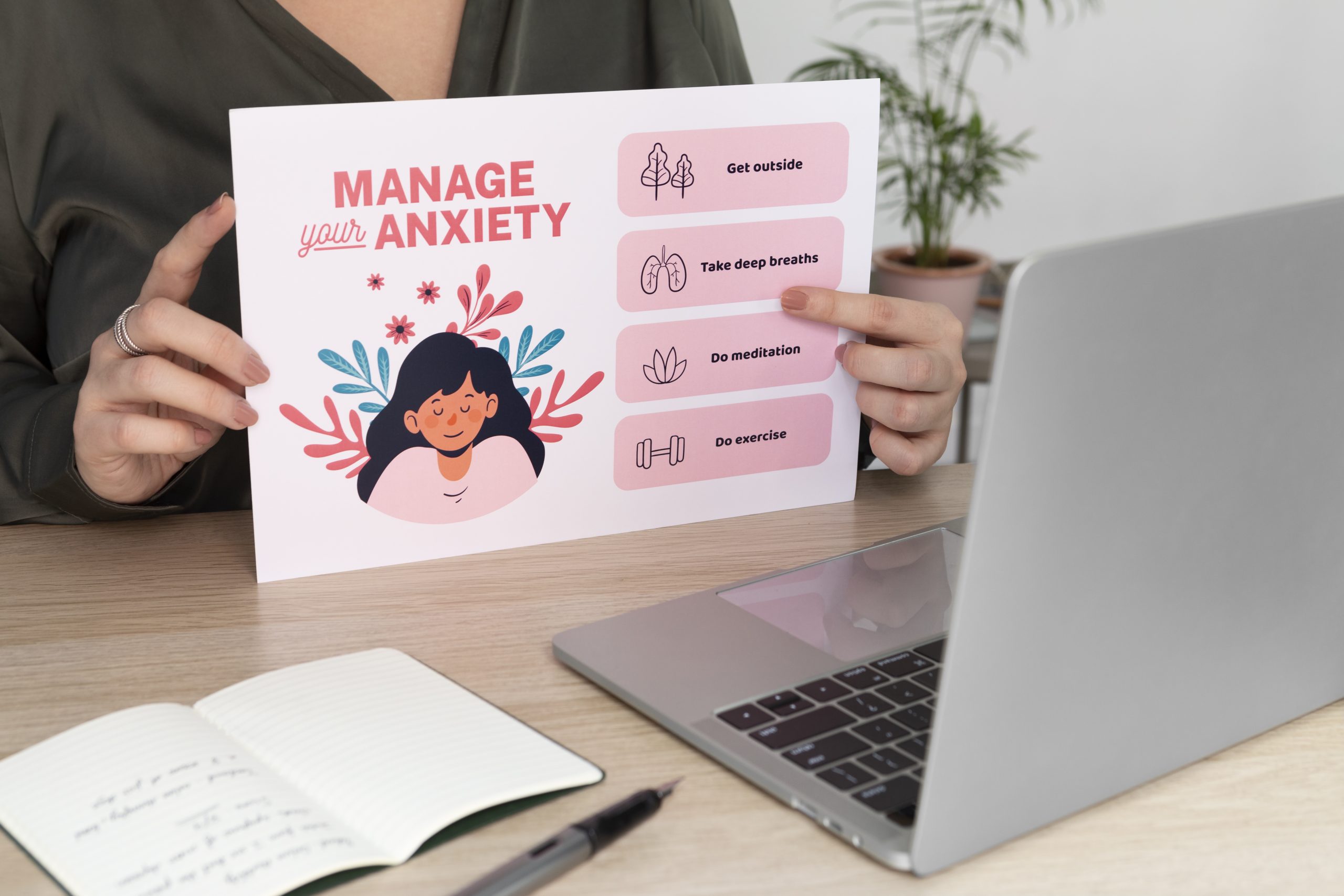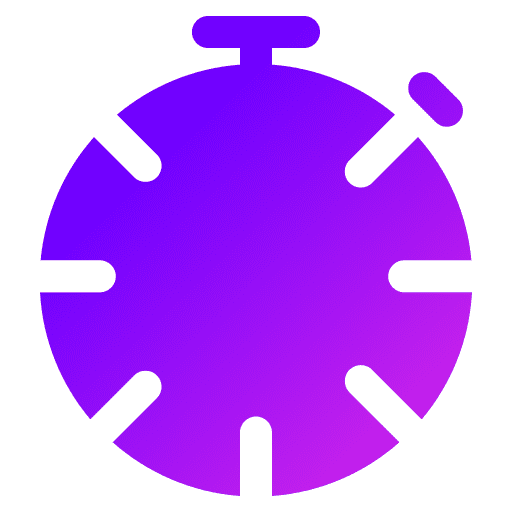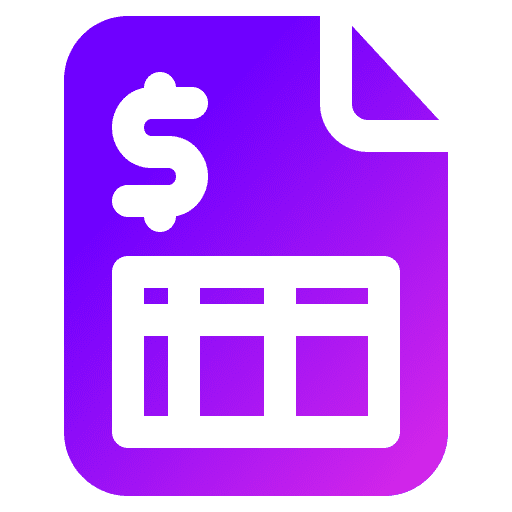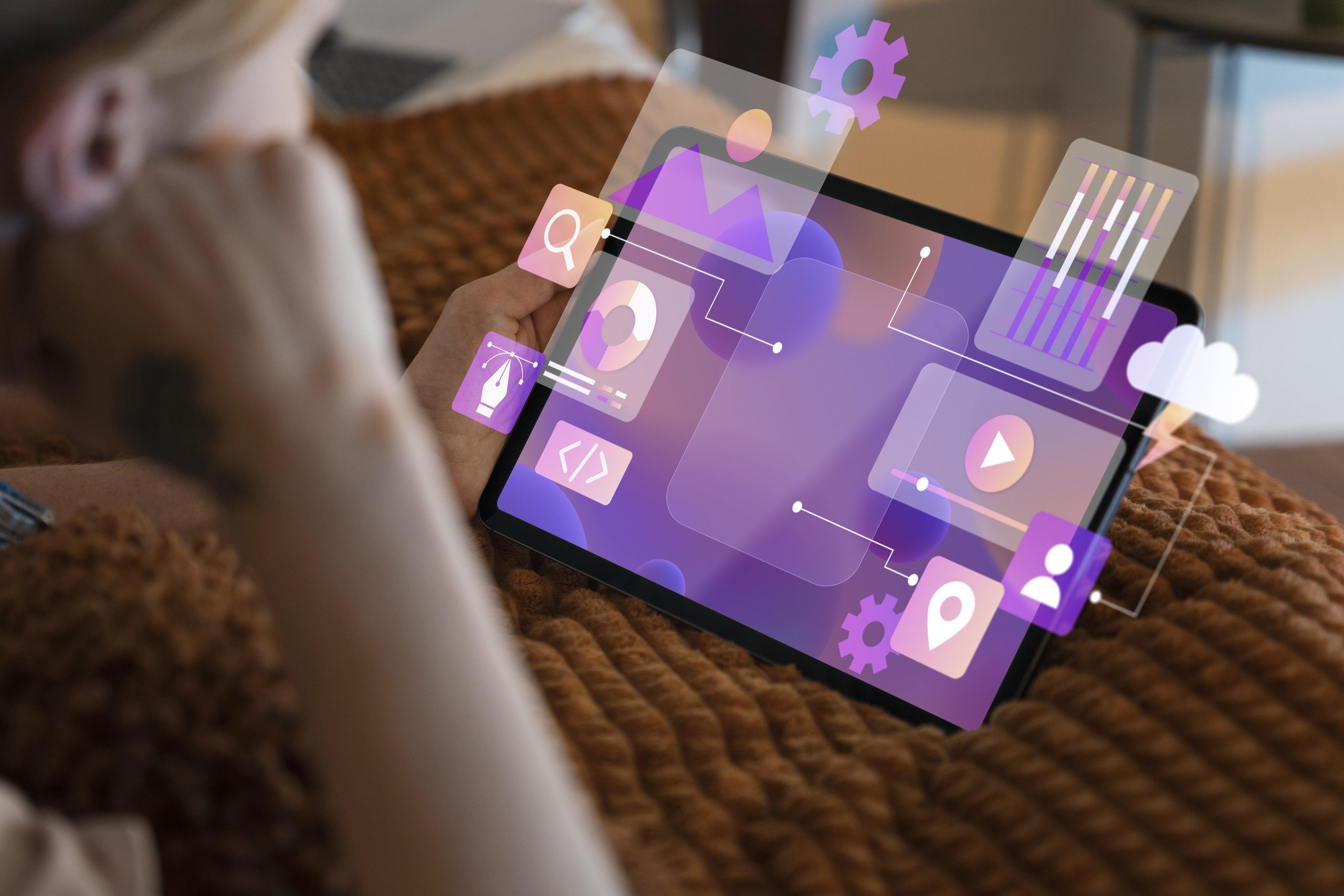Revolutionize Your Retail Business. Discover the Ultimate CRM Solution
Corcava offers the ultimate CRM solution tailored for retail businesses. It helps you enhance customer experiences, streamline processes, and boost sales. Discover the transformative potential of Corcava Retail CRM.
What is Corcava Retail CRM and How Does it Work?
Corcava Retail CRM is a powerful, customizable CRM solution for the retail sector. It meets the specific needs of retail businesses. The CRM helps streamline sales and enhance customer relationships.
The platform uses lots of customer data. It gives valuable insights. These insights let retailers make informed choices. Corcava CRM integrates all customer data in one place. It helps marketing teams create targeted campaigns and enhance customer acquisition. This CRM also offers strong tools to manage sales and client interactions well.






Understanding Retail CRM Basics
- What is Retail CRM? A Retail CRM (Customer Relationship Management) system manages customer information. It provides a 360-degree view of customers. This enables businesses to make informed decisions and enhance customer relationships.
- Key Components. Retail CRM combines many touchpoints. These include sales, customer service, and marketing. They are all in a single platform. This allows for better data management and a seamless shopping experience.
- How It Works. Corcava Retail CRM collects and analyzes customer data. This data includes purchase history and customer inquiries. It provides actionable insights. This helps retailers understand customer trends and tailor their strategies accordingly.
How CRM Systems Help Retail Operations
Corcava stands out for its ability to fit well with other systems. This CRM integrates with other tools. It syncs data in real time. Every action by a customer is recorded. This includes making a reservation and placing an order. The company then analyzes the actions. This feature gives owners and managers useful insights into client behavior. It helps them make informed choices about offerings, marketing, and more.
- Streamlined Processes. CRMs help retailers streamline sales processes. They also improve customer communications, making things more efficient and cutting costs.
- Enhanced Customer Experience. Retailers can use detailed customer data. It lets them offer personalized client experiences. These experiences increase customer satisfaction and loyalty.
- Improved Inventory Management. Corcava's CRM has strong inventory features. They let retailers track stock levels and forecast sales well.






Key Features of a Retail CRM Solution
- Personalized Offers. Retailers can use customer data from the CRM. They can use it to create personalized offers and marketing campaigns.
- Automation. Automate routine tasks. These tasks include follow-ups, customer messages, and marketing campaigns. Automation saves time and resources.
- Integration. It integrates with existing systems. This enhances retail management and workflow.
How Can Corcava CRM Platform Enhance Customer Experience?
Corcava CRM platform provides great customer service. It does this by offering a 360-degree view of each customer. This ensures that all interactions are personalized and relevant. Retailers can make and automate personalized offers. The offers cater to the specific preferences of their customers.
The CRM helps businesses understand and meet the needs of retail customers. It increases their satisfaction and loyalty. The CRM provides detailed customer data. Retailers can use it to offer great client experiences at all touchpoints. This not only boosts sales and customer loyalty. It also helps marketing teams design better strategies.


Personalize Marketing Campaigns
- Targeted Campaigns. Use customer data to make targeted marketing campaigns. These campaigns resonate with your audience.
- Personalized Messaging. Tailor messages based on what customers bought and like. This will raise how much they engage and buy.
- Automated Campaigns. Automate your marketing efforts to ensure timely and relevant communication with customers.

Improve Customer Satisfaction and Loyalty
- Customer Feedback. Collect and analyze customer feedback to better understand their needs and preferences.
- Loyalty Programs. Put in place loyalty programs that reward repeat customers and enhance customer retention.
- Exceptional Service. Provide great customer service. Use CRM data to reply to inquiries and solve issues quickly.




Leveraging Customer Data for Insights
- Comprehensive Data Analysis. Leverage customer data to gain insights into shopping behaviors and preferences.
- Informed Decision-Making. Use data-driven insights to make informed business decisions and optimize retail strategies.
- Customer Trends. Identify and act on emerging customer trends to stay ahead of the competition.
What Are the Benefits of CRM Integration in the Retail Industry?

Streamlining Retail Processes and Workflows
- Efficiency. Streamline sales processes and workflows to improve operational efficiency.
- Automation. Automate repetitive tasks to free up staff time for more strategic activities.
- Process Optimization. Continuously optimize retail processes based on CRM data and insights.

Seamless Integration with Existing Systems
- Unified Platform. Connect CRM to your current retail systems. This creates a unified approach to data and operations.
- Smooth Transition. Make the transition smooth. It should have minimal disruption to your business. This will happen during the integration process.
- Enhanced Functionality. Enhance the functionality of your existing systems with advanced CRM features.

Enhancing Omnichannel Retail Strategies
- Consistent Experience. Provide a consistent customer experience across all touchpoints, whether online or in-store.
- Channel Integration. Integrate all sales channels to offer seamless customer interactions and improve customer satisfaction.
- Holistic View. See the whole picture of customer interactions across different channels. This will help you understand their journey.

Evaluating Customer Relationship Management Features
- Customization. Corcava’s CRM offers highly customizable features. They allow you to tailor the system to your specific business needs.
- User-Friendly Interface. Corcava's intuitive interface ensures that your team can easily navigate the platform. This enhances efficiency and effectiveness in managing retail sales.
- Support and Training. Corcava excels in offering strong support and extensive training resources. It ensures you leverage comprehensive customer data effectively. This maximizes the benefits provided by the CRM for retail.

How to Choose the Best Retail CRM Software for Your Business?
Assessing the Needs of Your Retail Business
- Business Goals. Identify your business needs and goals to choose the right CRM solution.
- Feature Requirements. Decide which features are most important for your retail operations. These may include inventory management or customer loyalty programs.
- Scalability. Ensure the CRM can scale with your business as it grows.
Comparing CRM Platforms and Solutions
- Market Research. Corcava stands out as a CRM specifically for the retail sector. It is designed to meet the unique needs of retail businesses.
- Feature Comparison. Corcava offers comprehensive features tailored to retail sales. It provides exceptional customer support and allows retailers to create personalized offers. The platform leverages comprehensive customer data to drive informed decisions.
- Demo and Trials. Corcava provides free demos and trials, enabling you to test its robust functionality. See how it can transform your retail operations before making a commitment.
Evaluating Customer Relationship Management Features
- Customization. Corcava’s CRM offers highly customizable features. They allow you to tailor the system to your specific business needs.
- User-Friendly Interface. Corcava's intuitive interface ensures that your team can easily navigate the platform. This enhances efficiency and effectiveness in managing retail sales.
- Support and Training. Corcava excels in offering strong support and extensive training resources. It ensures you leverage comprehensive customer data effectively. This maximizes the benefits provided by the CRM for retail.
How Can Retail CRMs Help in Boosting Sales?


Automating Sales Processes and Workflows
- Sales Automation. Automate sales processes to streamline workflows and increase efficiency.
- Lead Management. Use Corcava CRM to manage leads. It tracks customer interactions from first contact to purchase.
- Follow-Up Automation. Automate follow-up communications to keep customers engaged and drive repeat sales.

Using Analytics for Better Decision Making
- Sales Forecasting. Use CRM analytics to forecast sales and plan inventory accordingly.
- Performance Metrics. Track performance metrics to identify areas for improvement and optimize sales strategies.
- Data-Driven Decisions. Make informed decisions based on accurate and up-to-date CRM data.




Integrate Customer Data for a Holistic View
- 360-Degree Customer View. Combine customer data from various touchpoints. Corcava will give you a full view of customer interactions.
- Personalized Experiences. Use integrated data to provide personalized customer experiences and enhance customer relationships.
- Customer Insights. Find valuable insights into how customers behave and what they like. Use these to understand your customer base.
Enhancing Sales Strategies with Corcava Retail CRM
Utilizing Customer Data for Targeted Sales Approaches
- Segmentation. Segment your customer base by purchase history and behavior. Use this to create targeted sales strategies.
- Personalized Offers. Offer personalized customer experiences and promotions to drive sales and increase customer loyalty.
- Data Insights. Use Corcava to identify high-value customers and tailor your sales efforts accordingly.
Automating Follow-Up and Engagement Processes
- Automated Communications. Automate follow-up emails and messages to maintain customer engagement.
- Engagement Tracking. Track customer engagement and interactions to refine your sales approach.
- Personalized Touchpoints. Customize follow-up processes to ensure timely and relevant communication with customers.
Boosting Sales Team Performance with CRM Analytics
- Performance Tracking. Use CRM analytics to track sales team performance and identify areas for improvement.
- Goal Setting. Set realistic sales goals based on CRM data and track progress.
- Training and Development. Provide training and development opportunities based on performance insights to enhance sales skills.
Implementing a Successful Retail CRM Strategy
Best Practices for CRM Integration in Retail
- Plan Ahead. Develop a detailed integration plan to ensure a smooth transition.
- Involve Stakeholders. Engage key stakeholders in the integration process to gather input and ensure alignment.
- Continuous Improvement. Continuously monitor and optimize the CRM system to meet evolving business needs.
Leveraging Corcava CRM for Omnichannel Success
- Unified Customer View. Use Corcava CRM to combine customer data across all channels. This gives a seamless shopping experience.
- Consistent Messaging. Ensure consistent messaging and branding across all touchpoints to enhance customer relationships.
- Channel Optimization. Optimize each sales channel based on insights provided by the CRM.
Measuring the Impact of CRM on Retail Business Performance
- Performance Metrics. Track key performance metrics to measure the impact of CRM on your retail business.
- ROI Analysis. Conduct ROI analysis to determine the financial benefits of CRM implementation.
- Customer Feedback. Collect and analyze customer feedback to assess the effectiveness of your CRM strategy.



